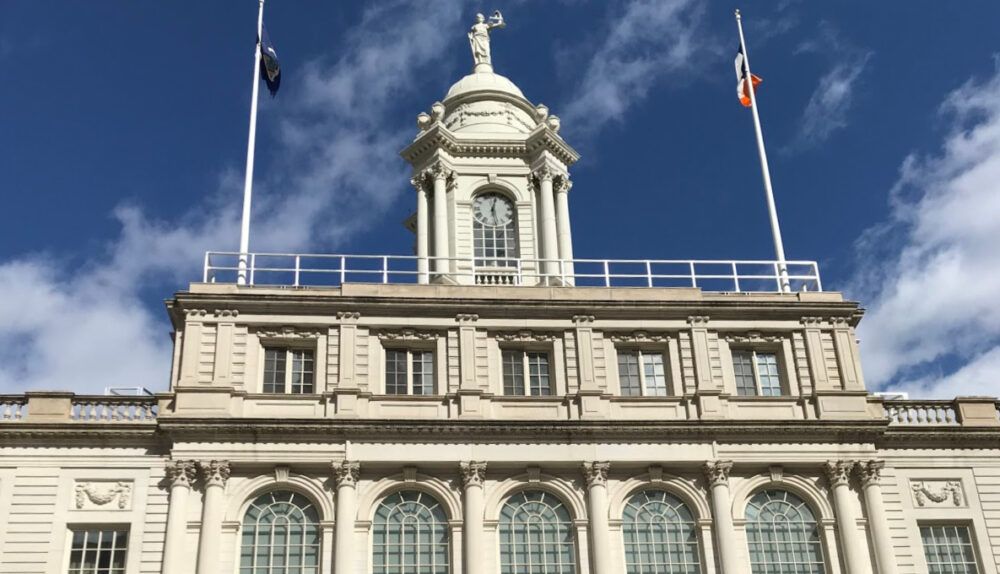More than 80 Organizations Call on Mayor Adams to Meet the Needs of Preschoolers with Disabilities
More than 80 organizations are calling on Mayor Adams to include funding in his upcoming Executive Budget to meet the City’s legal obligation to preschoolers with disabilities. Specifically, they are urging the Mayor to continue the $55 million for preschool special education classes that is set to expire in June and to invest at least $70 million to provide preschoolers with disabilities with the evaluations and services they need.

This year’s city budget included $55 million in one-year city funds to open new preschool special education classes—funding that has provided seats for hundreds of children with disabilities who would otherwise be going without the classes they need. However, this funding is set to run dry just a few months from today. It is essential for schools to know as soon as possible whether the funding to sustain those new classes will continue next year and beyond. Even with this year’s investment, more than 600 preschoolers with disabilities were waiting for a seat in a preschool special education class or a special class in an integrated setting as of March 2025, in violation of their legal rights.
Moreover, the funding added for classes does not address the need for evaluations or the need for part-time services, such as speech therapy or counseling, for preschoolers with disabilities participating in general education 3-K and Pre-K classes. As of March 2025, more than 7,900 preschoolers were waiting for at least one of their legally mandated services to begin, and more than half of those preschoolers—4,570 children—were receiving none of their mandated services at all. Providing these services is not optional.
As the joint letter released today states: “New York City’s systemic failure to provide all preschoolers with disabilities with the classes and services they need is not only a violation of children’s rights; it is also morally and fiscally indefensible. By refusing to make the investments necessary to address the shortage of preschool special education classes, service providers, and evaluators, the City is preventing children from getting the help they need during a critical developmental period and making it all the more likely that the City will have to pay for more intensive support later on. We should not have to fight year after year for the City to fulfill its basic legal obligations to its youngest students.”


